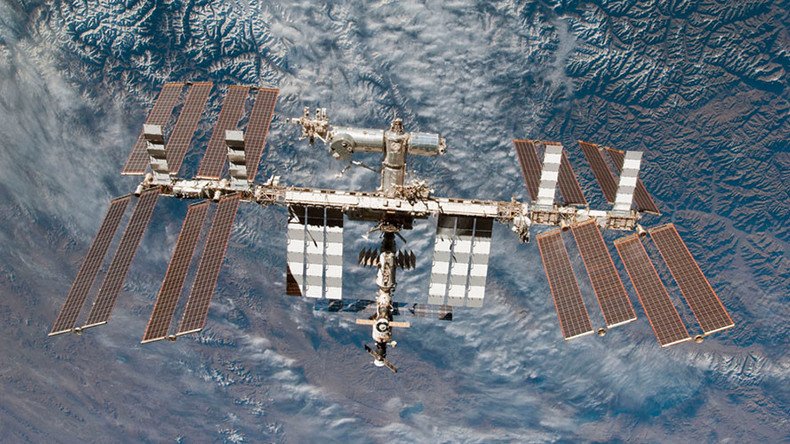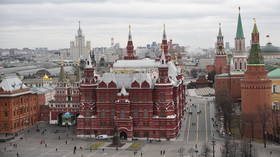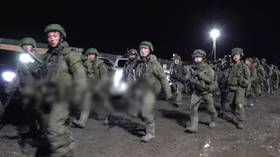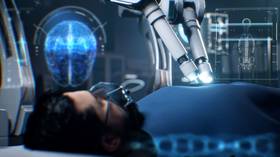Frozen ‘space sperm’ survives trip to ISS to spawn healthy mice

Freeze-dried mouse sperm has survived nine months on the International Space Station and gone on to produce healthy mice. The breakthrough could help humans live permanently in space.
The sperm was exposed to radiation more than 100 times stronger than Earth’s while aboard the ISS, and a team of researchers from the University of Yamanashi in Japan wanted to find out if this would affect the fertility or health of babies produced by the sperm.
READ MORE: Russian & Swedish scientists slow down mice aging with synthetic antioxidant
“If humans ever start to live permanently in space, assisted reproductive technology using preserved spermatozoa will be important for producing offspring,” the researchers led by Sayaka Wakayama said.
The freeze-dried samples were launched in 2013 and returned to Earth in 2014. The scientists have now reported that, though the sperm was slightly damaged by the intense radiation, it still yielded healthy baby that grew into adults with normal fertility of their own.
“We demonstrate that although space radiation can damage sperm DNA, it does not affect the production of viable offspring after at least 9 months of storage on the ISS,” the study’s abstract concluded.
Mind control lasers turn mice into killer rodents with the flip of a switchhttps://t.co/aqcWPWReu2pic.twitter.com/GeLmhWGknq
— RT (@RT_com) January 13, 2017
The scientists say the experiment’s success is a step towards reproducing other mammals, including even humans, from space-preserved sperm.
The researchers also suggest the possibility of saving sperm in space in case of disasters here on Earth, arguing that lava tubes on the moon would be a great place to store it because their thick layers of bedrock provide protection from radiation at very low temperatures.
The findings of the experiment have been published in the Proceedings of the National Academy of Sciences.













